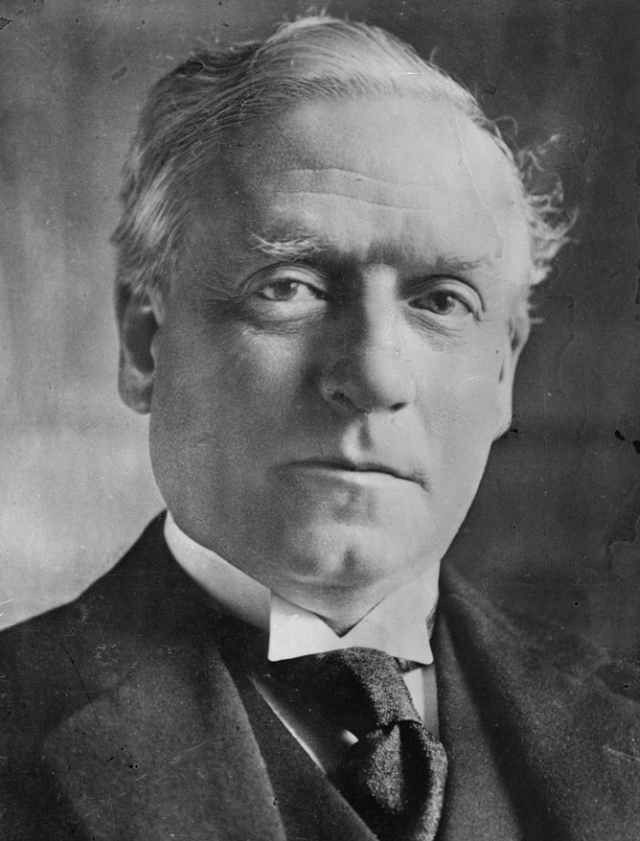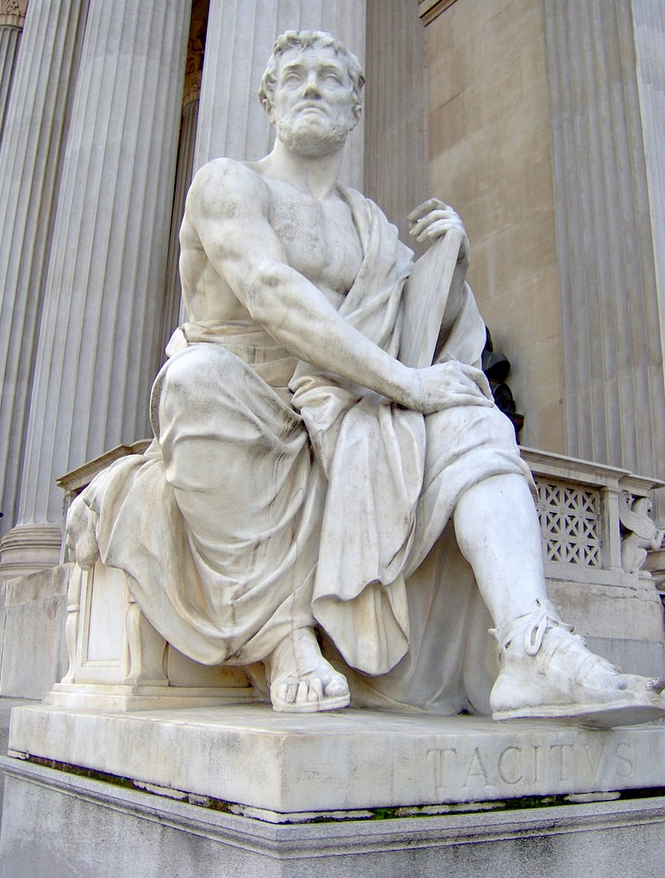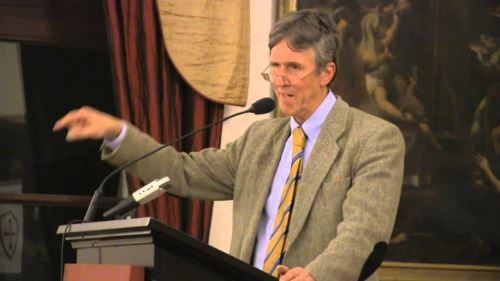Editor’s note: The following is extracted from Studies and Sketches, by H. H. Asquith (published 1924).
An English scholar can hardly undertake a more arduous enterprise than the translation of the “Annals of Tacitus.” The task stands quite by itself, and is encumbered with difficulties peculiarly its own. The text is, it is true, on the whole, trustworthy and well settled, the loci desperati are far inferior in number and complexity to those which throng the pages of Thucydides, and the student cannot desire more competent guides through the intricacies of a classic than Orelli and Nipperdey. The difficulty is not to reproduce what Tacitus says, but the way in which he says it. He is not oppressed, like the best of the Greeks, with the inadequacy of set forms of speech to express new thoughts; on the contrary, like all great satirists, he takes a conventional view of things, and it is probable that few authors have produced so vivid and lasting an impression with so small a stock of original ideas. Nor, again, has his style any of the unconscious grace, the delicate and unpremeditated subtleties, which fill with despair the translator of Plato or Catullus. All his effects are nicely calculated, his moral indignation is never riotous or diffuse, and he brands a character or blasts a reputation with the stately and official malevolence of a Republican Censor.
But though he is in a sense the most artificial of writers, though his tricks of style are transparent, and his mannerisms inveterate and obtrusive, though, in a word, he exhibits in their most striking form many of the most vicious characteristics of the Silver Age, he yet handles the Latin language in a manner and with an effect entirely beyond the reach of his contemporaries. His work is not a mosaic of epigrams, like that of Statius, nor a torrent of rhetoric, like that of Juvenal. He never wastes an epithet nor dilutes a paragraph, never turns aside from his main theme to make an irrelevant point, never suggests the idea (to borrow the words of an accomplished critic in another connection) of “a miniature-painter engaged on a great historical picture.”
If we attempt to analyse the secret of his success, it is more easy to say what he does not do than what he does. But the truth appears to be that Tacitus alone among the writers of his time had the eye and hand of a literary artist, and knew how to produce that kind of illusion which requires for its creation imaginative no less than intellectual power. He is second to none of them as a phrasemonger and epigrammatist, but he possesses at the same time a faculty which they are one and all without — the sense of proportion to which a distorted perspective is an eye-sore, and the creative instinct which elaborates and adapts the details of a picture with reference to a single purpose and a central figure. It is this which gives to the staple of his work so permanent and engrossing an interest. Were the style less skilfully managed, we should be alternately wearied and irritated by the writer’s spurious Republicanism, his Stoic platitudes, his aristocratic bile; by the perversity which leads him to confuse the extinction of an oligarchy with the death of freedom, by his unique proficiency in all the arts which are taught and learned in the school for scandal. That he never produces such an effect upon the mind of the reader, at least at the first perusal, is wholly due to his peculiar literary art. There is a dramatic unity and completeness in his work which makes each scene necessary to the whole, and the dexterity with which the several parts are adjusted and balanced allows no opportunity for the criticism which any one of them by itself would provoke. The description of character and policy, the analysis of motives, and the illustration of general laws all go on together, and so well are they combined, that it is almost impossible to rise from the book without the persuasion that Tiberius was a villain, Germanicus a hero of the antique type, and the organized tyranny and extortion of the old senatorial rule an ideal machinery for the production of public virtue.










